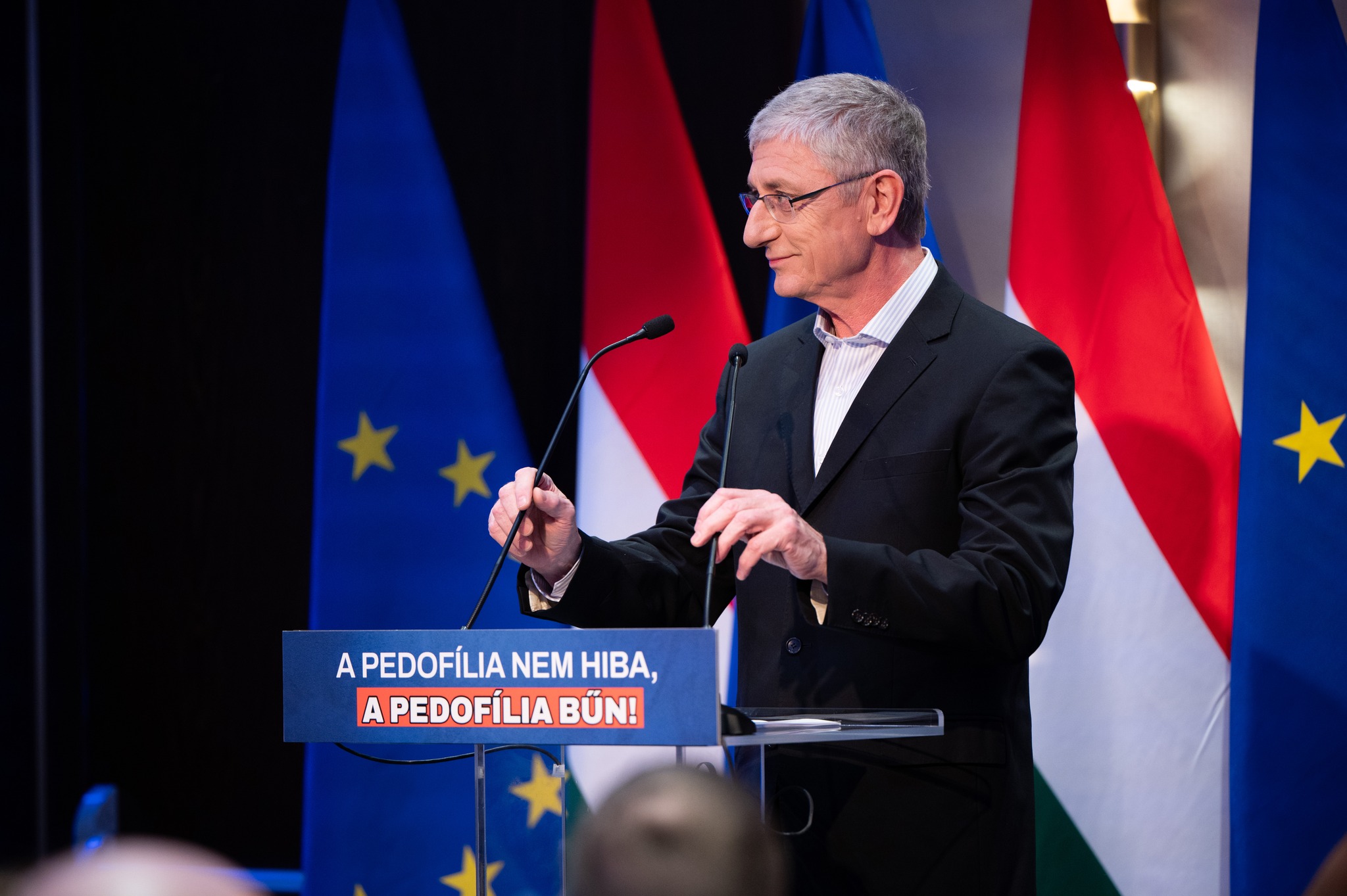Budapest mayor imprisoned for alleged corruption
Change language:
The mayor of Budapest’s 3rd district, László Kiss, another local council leader and a former employee of the mayor’s office have been placed in detention in connection with alleged corruption, and the prosecutor’s office has initiated their arrest, the Central Investigative Chief Prosecutor’s Office said on Thursday.
Corruption scandal in the 3rd district?
The chief prosecutor’s office has interviewed another five persons as suspects in an ongoing investigation, three of whom have been placed in detention, the statement said.
The office on Wednesday carried out a coordinated operation in connection with the case which involved searching local council properties and companies belonging to the local council and seizing documents.

Kiss is suspected of arranging regular business transactions after his 2019 election as mayor with a company owned by one of his acquaintances, after which he and several local council employees were receiving kickbacks. The local council allegedly signed overpriced and fictitious contracts to conceal the bribes, it added.
The detention of the deputy mayor interrogated earlier in the case as a suspect has been extended until October 20.






